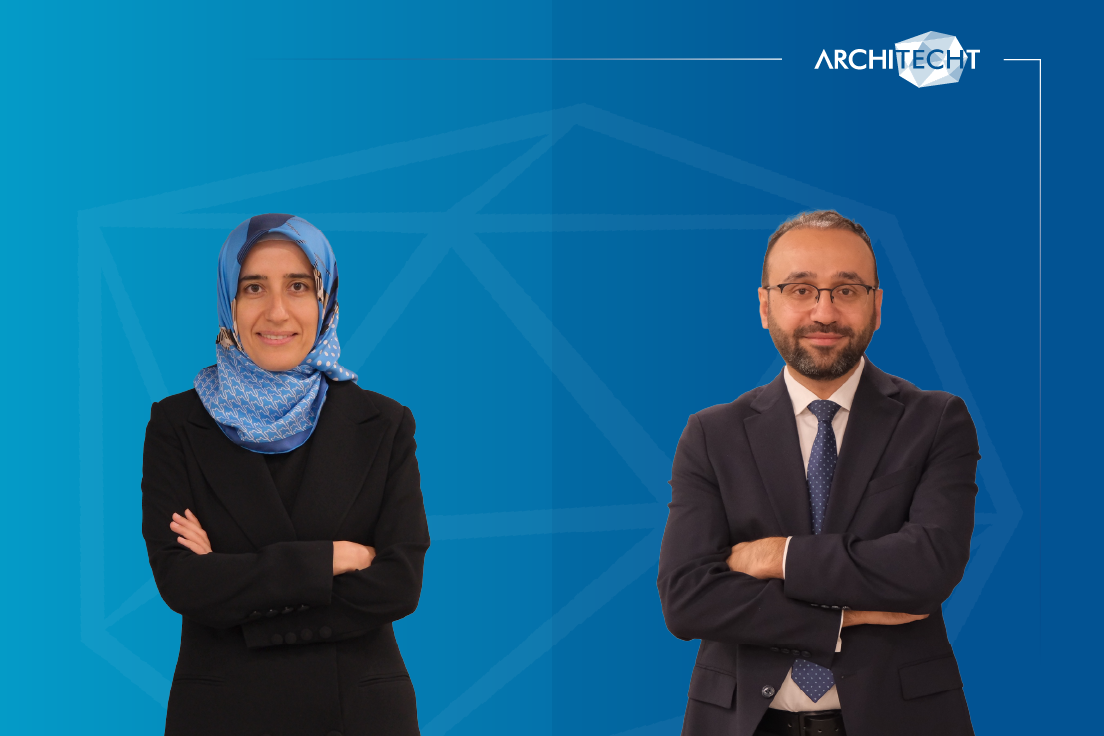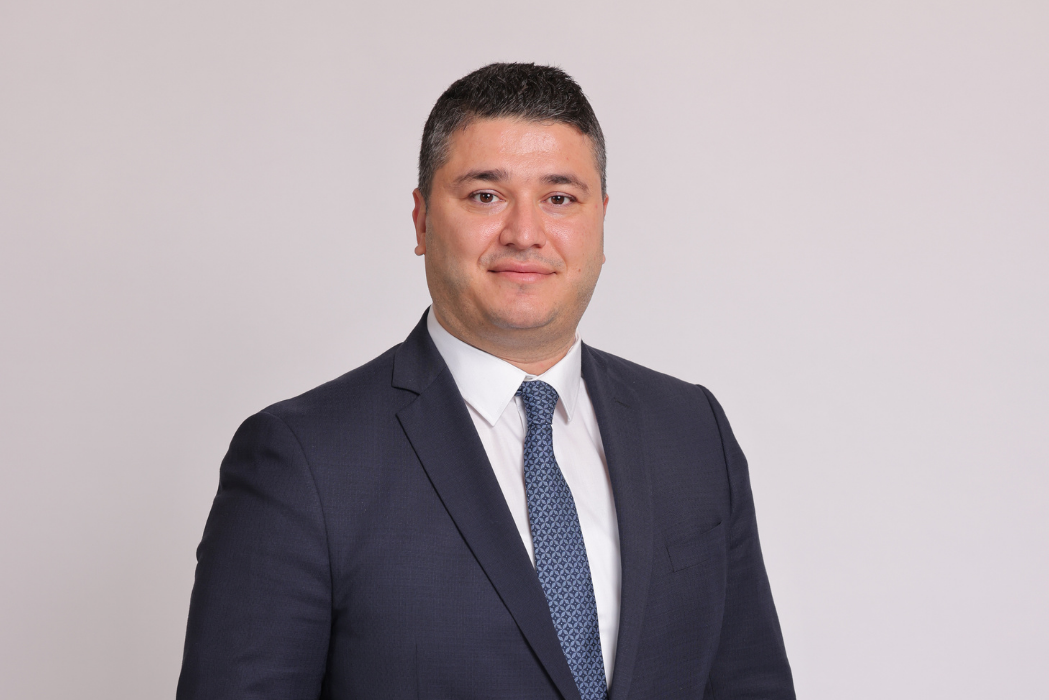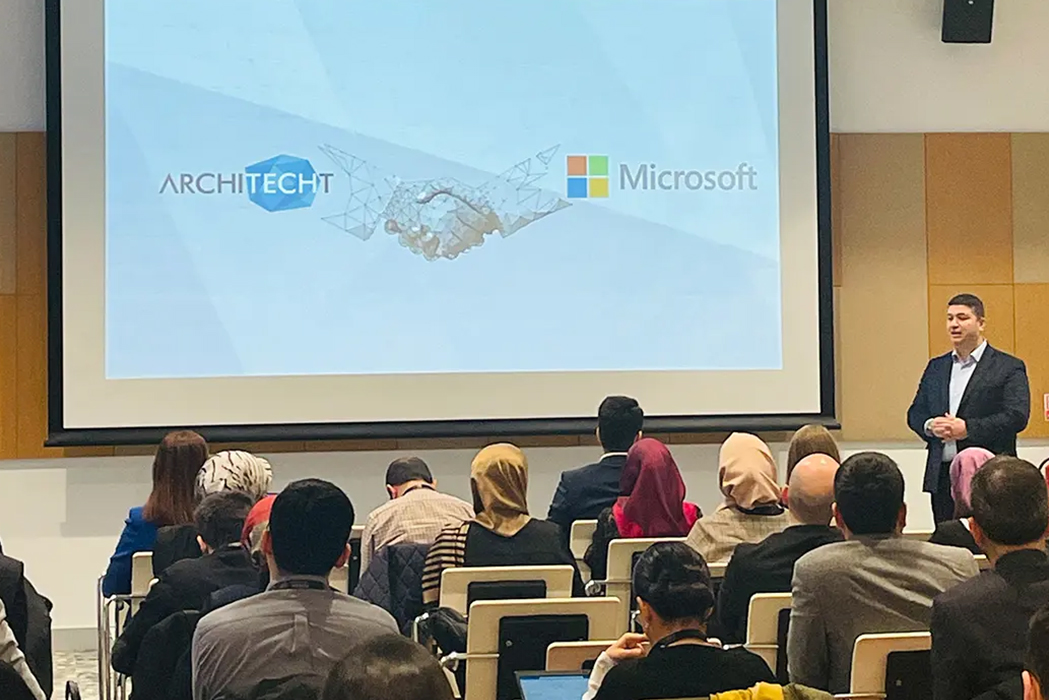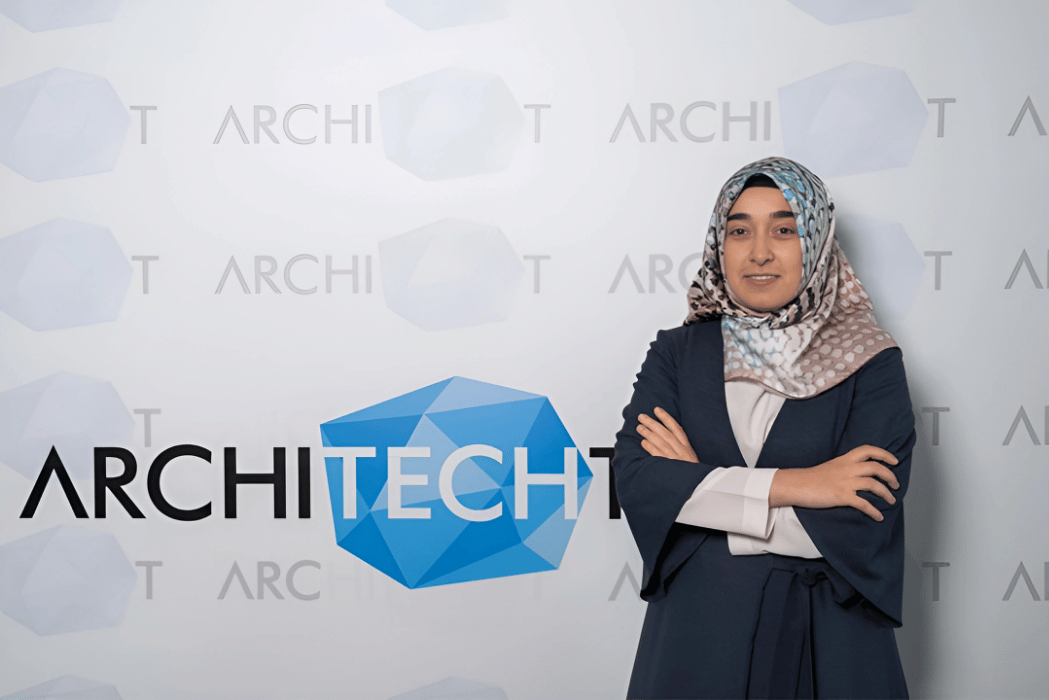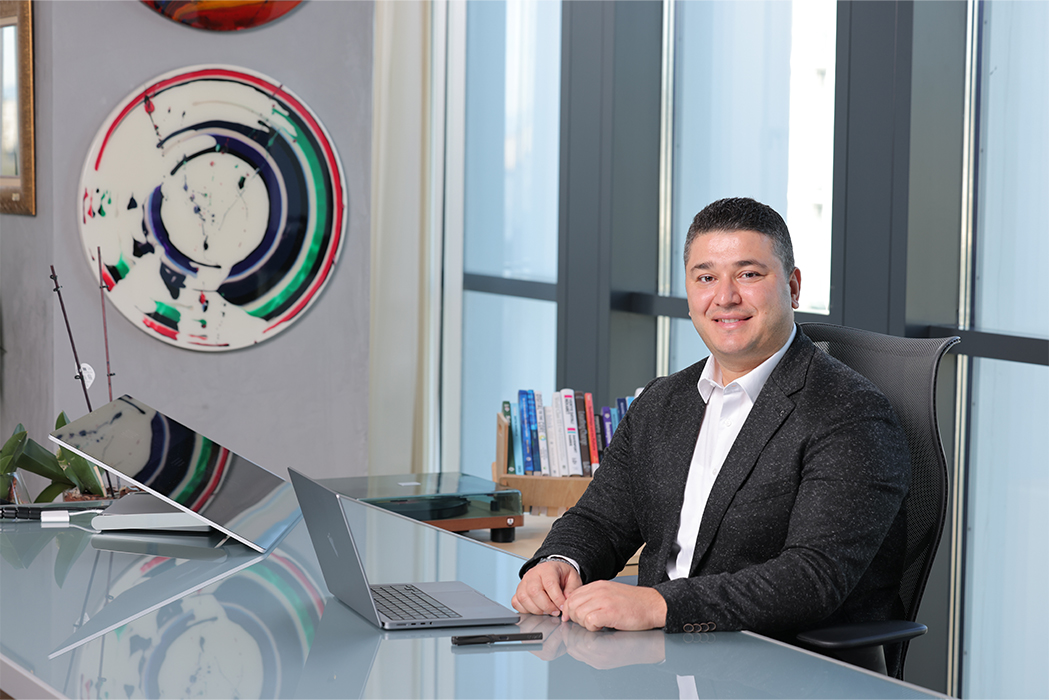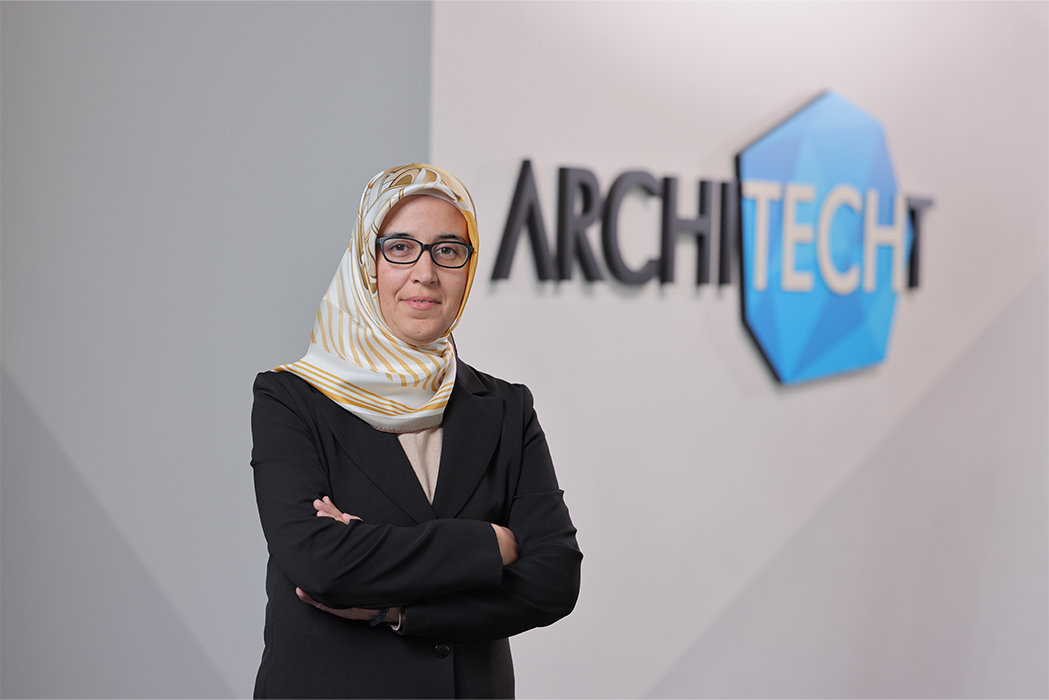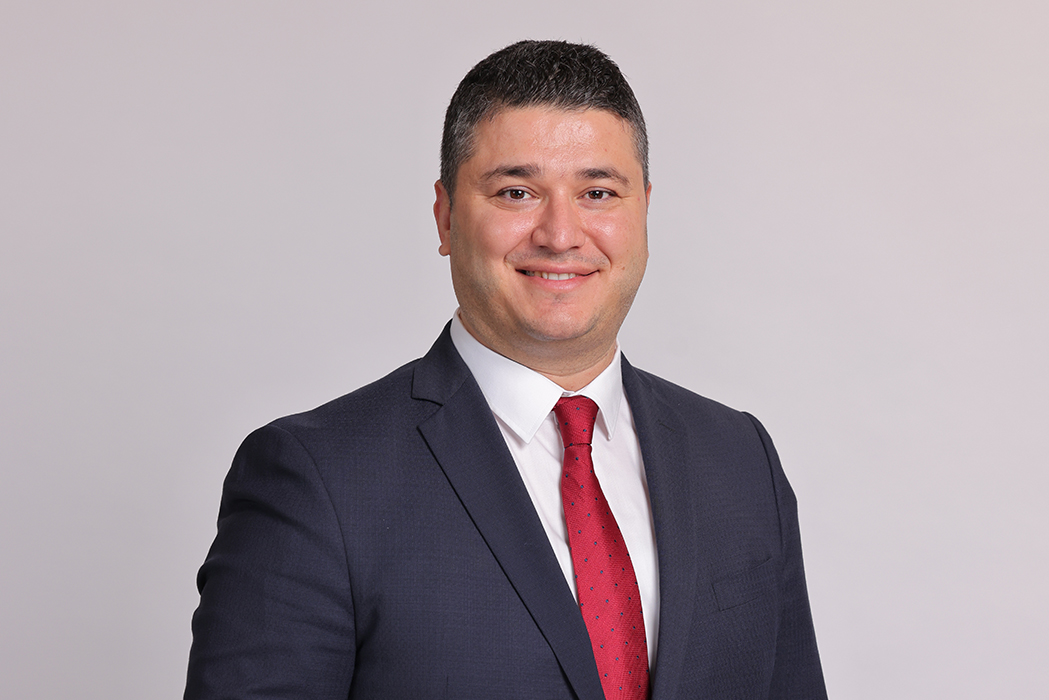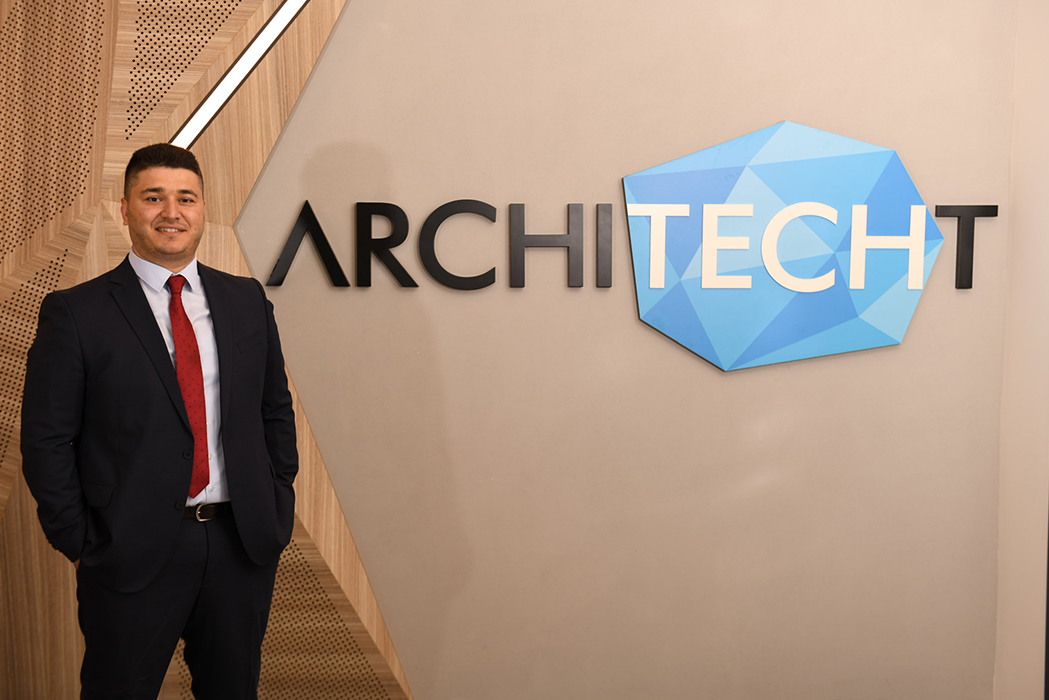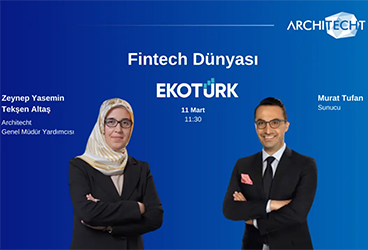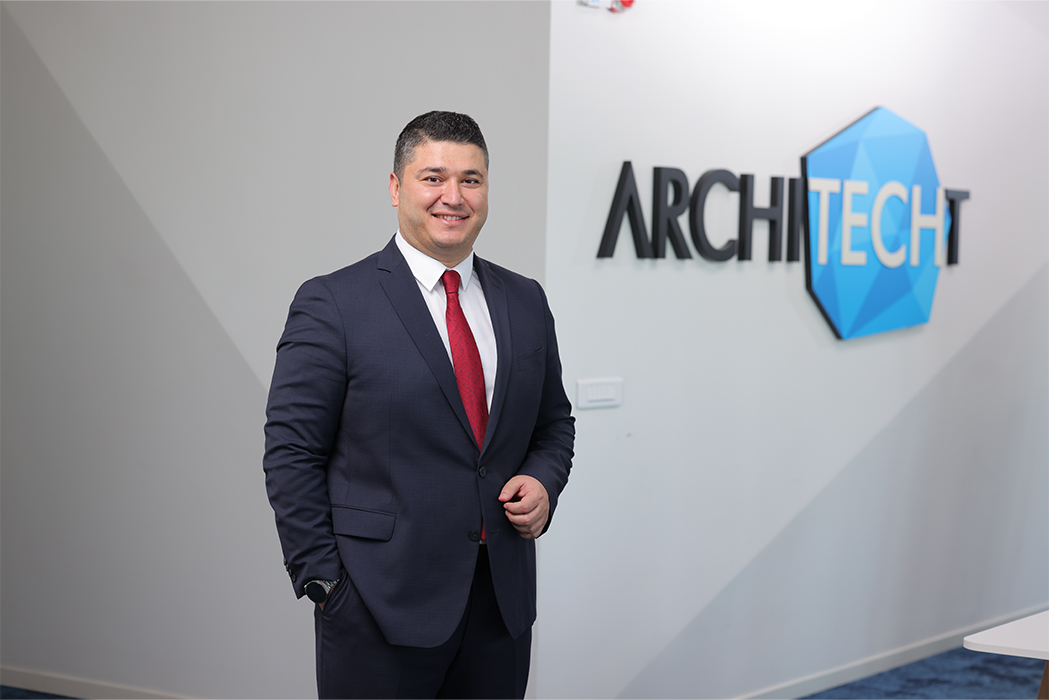
A braver new world awaits us, where digital networks allow access to everything and everyone. What opportunities and threats does this new era bring? Which new approaches, models, and perspectives will come to the forefront? What do next-generation technologies promise us?
First, we can define the Brave New World from the perspective of the end user as a world where everything is demanded, but resources are limited. The second point is the dizzying level of global investments in capital. These investments are proof that the new world is indeed a brave world. We are in a time where $13 billion is being invested just in training a single AI model. When we objectively compare our capital investments with the investments of global capital players in this Brave New World, there is a significant gap. When we consider existential threats and opportunities, this is a major threat for us. In the global economy and this Brave New World, as companies in our country and the financial ecosystem, we all feel a sense of threat in terms of existence. We frequently discuss this with our colleagues in the ecosystem and regulatory authorities, holding workshops. We particularly observe that there is a threat on the investment side. As key companies in our country, I believe it is crucial for us to collaborate to adapt to the global ecosystem and not miss out on the opportunities here.
When we set aside the threats, these technological developments also present great opportunities for us. In the new world, we can access a vast amount of data very quickly, and high processing power is at our disposal. These developments show that we can achieve great things on a global scale. In the past, countries' power was measured in proportion to their population. In the Brave New World, it seems that the number of digital functions you can operate and the number of AI robots will play a bigger role than population. I especially want to emphasize that this presents a huge opportunity for our country. While Turkey currently accounts for 1% of global economic output, I believe we can increase this to 5% or even 10% by utilizing the technologies the world offers us, developing our human resources, and ensuring technology adaptation. I think this is an opportunity that all companies working in the financial technology vertical should seize.
Could you evaluate the upcoming period for your industry and company? How are you preparing for the new century?
As you know, Architecht is a financial technology company specializing in core banking technologies. Among the products we have developed are: BOA Core Banking and Technology Platform, Digital Banking Platform, Investment Banking Platform, Consumer Financing System, Supplier Financing System, BOA Card, Airapi, PowerFactor, and XTM, which meet the specific needs of the financial sector. Our banking platforms are currently operating in 11 out of the 61 banks in our country. Internationally, our systems, developed in partnership with our business partners, are actively working in 5 different banks. Globally, we primarily operate in the Middle East, Africa, and Europe regions. As Architecht, our main focus is software production and developing digital products. Technological advancements in the world of technology are happening very rapidly. Recently, we have been witnessing revolutionary modernization efforts both globally and in our country. Particularly with the development of container architectures and microservices infrastructures, significant movements are being observed in the sector. At Architecht, we have also accelerated our technology modernization efforts in response to these developments to make our systems more stable and flexible.
In addition to this, there are significant developments in Software as a Service (SaaS). We have started offering our SaaS solutions to both our own group and industry stakeholders. There are highly valuable institutions in our country providing cloud technology services. Especially in core banking, these services are still relatively new. Normally, every institution prefers to keep its data in its own data center to retain control over it. However, in this Brave New World, we are making maximum efforts to demonstrate this courage. We are shaping our organization, teams, stakeholders, and business partners accordingly. As Architecht, we are fully aligned with the financial cloud defined by the Central Bank and the community cloud defined by the Banking Regulation and Supervision Agency (BDDK), as well as the Software as a Service services defined by the software industry.
We continue our efforts with a robust technology modernization roadmap for 2024. We can say that the true revolution in artificial intelligence is happening in the software industry. Incredible advancements are being made with technologies like ChatGPT, CoPilot, Codwhisperer, and similar. In particular, Microsoft made significant progress with GitHub Copilot in 2023. In fact, we are witnessing an autonomous development process here. I liken this process to Tesla. Just as we gradually handed over control of the brake, gas, and steering to autopilot, we are now imagining similar developments in software. Some have already become reality, while others seem likely to become real soon. This autonomous development will lead us to autonomous finance in the future. If we pay attention, all transactions, whether for internal or external customers, are becoming autonomous. With these advancements, we have begun to expand our financial technology teams, and we will continue our journey with talented development and business development teams equipped with AI.


 Back
Back



